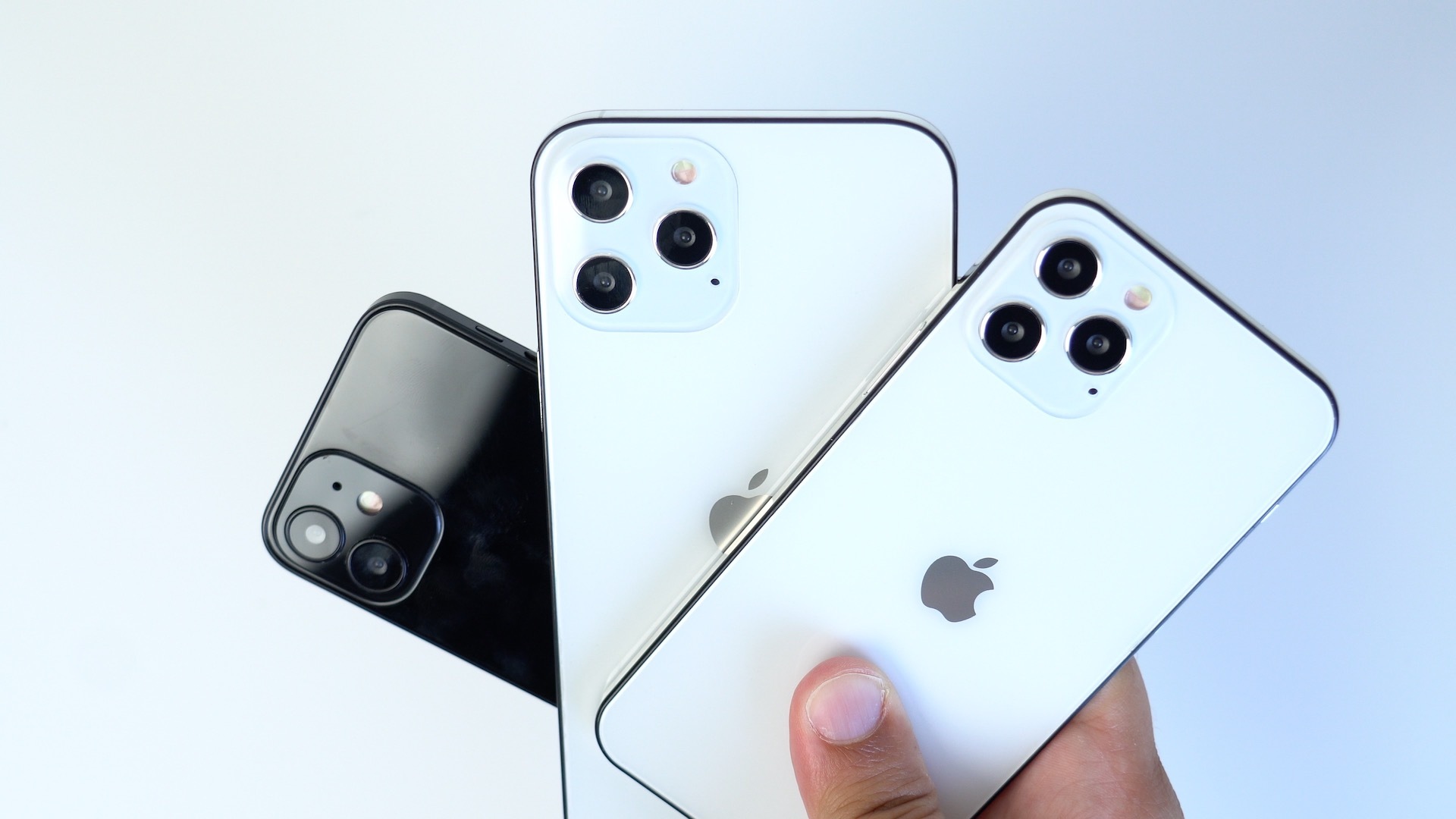
Apple's iPhone cameras could in future adopt circuit boards based on liquid crystal polymer (LCP) in order to allow them to transmit high-resolution images at higher speeds, according to industry sources in Apple's supply chain (via DigiTimes).

The use of LCP-based flexible PCBs in camera lens modules has been linked to the introduction of high-speed 5G in Apple's smartphone lineup, as well as to the increasing prevalence of live-streamed video and augmented reality apps.
The tidbit appears in a report concerning the increased activity of Apple's supply chain partners to provide volume production of mmWave antenna boards for iPhones in 2021. mmWave, which also uses LCP-based PCBs, is the fastest 5G network technology that carriers are currently rolling out.LCP PCBs may also be massively adopted in iPhone camera lens modules in the future to support high-speed image transmission, the sources said, reasoning that image data will be increasingly complicated in the 5G era and high-speed transmission will be needed to allow high-resolution images in live streaming and AR applications.
At least some iPhone 12 models this year are expected to support mmWave, but the report isn't clear on when Apple's iPhones are expected to include LCP-based camera module PCBs capable of faster image transmission.
Apple is expected to release high-end 6.7 and 6.1-inch iPhones with triple-lens cameras, while the new lower-end 5.4 and 6.1-inch iPhones are thought to feature dual-lens cameras.
The higher-end iPhone 12 models could feature an improved telephoto lens with 3x optical zoom, improved from the current 2x optical zoom. The high-end 6.7-inch iPhone in 2020 is rumored to be getting sensor-shift image stabilization technology, which could potentially bring image stabilization to the ultra wide-angle lens on those devices.
Apple could also include new camera modes on the higher-end iPhone 12 models, allowing them to shoot 4K video at 120 and 240 frames per second. The new camera modes are reportedly referenced in iOS 14.
In addition, rumors suggest at least one of the new iPhone models coming in 2020 will feature a 3D camera, which sounds like the LiDAR Scanner feature that Apple added in the 2020 iPad Pro models. LiDAR is essentially able to map the surrounding environment at the photon level at nano-second speeds.
Article Link: Future iPhone Cameras Expected to Transmit High-Resolution Images at Faster Speeds

